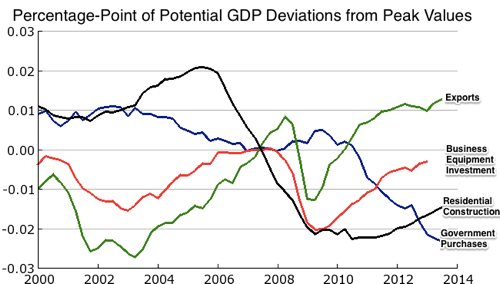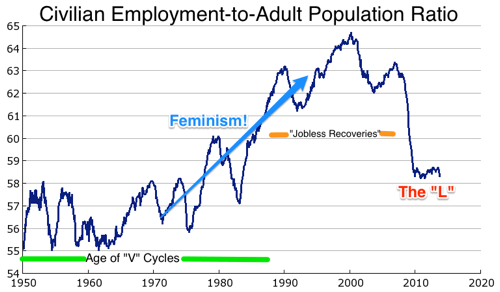How much Grand Marnier is it proper to add to the cranberry sauce?
Agreement Between the Settlers at New Plymouth : 1620
IN THE NAME OF GOD, AMEN. We, whose names are underwritten, the Loyal Subjects of our dread Sovereign Lord King James, by the Grace of God, of Great Britain, France, and Ireland, King, Defender of the Faith, &c. Having undertaken for the Glory of God, and Advancement of the Christian Faith, and the Honour of our King and Country, a Voyage to plant the first Colony in the northern Parts of Virginia; Do by these Presents, solemnly and mutually, in the Presence of God and one another, covenant and combine ourselves together into a civil Body Politick, for our better Ordering and Preservation, and Furtherance of the Ends aforesaid: And by Virtue hereof do enact, constitute, and frame, such just and equal Laws, Ordinances, Acts, Constitutions, and Officers, from time to time, as shall be thought most meet and convenient for the general Good of the Colony; unto which we promise all due Submission and Obedience. IN WITNESS whereof we have hereunto subscribed our names at Cape-Cod the eleventh of November, in the Reign of our Sovereign Lord King James, of England, France, and Ireland, the eighteenth, and of Scotland the fifty-fourth, Anno Domini; 1620.
Mr. John Carver,
Mr. William Bradford,
Mr Edward Winslow,
Mr. William Brewster,
Isaac Allerton,
Myles Standish,
John Alden,
John Turner,
Francis Eaton,
James Chilton,
John Craxton,
John Billington,
Joses Fletcher,
John Goodman,
Mr. Samuel Fuller,
Mr. Christopher Martin,
Mr. William Mullins,
Mr. William White,
Mr. Richard Warren,
John Howland,
Mr. Steven Hopkins,
Digery Priest,
Thomas Williams,
Gilbert Winslow,
Edmund Margesson,
Peter Brown,
Richard Britteridge,
George Soule,
Edward Tilly,
John Tilly,
Francis Cooke,
Thomas Rogers,
Thomas Tinker,
John Ridgdale,
Edward Fuller,
Richard Clark,
Richard Gardiner,
Mr. John Allerton,
Thomas English,
Edward Doten,
Edward Liester.


